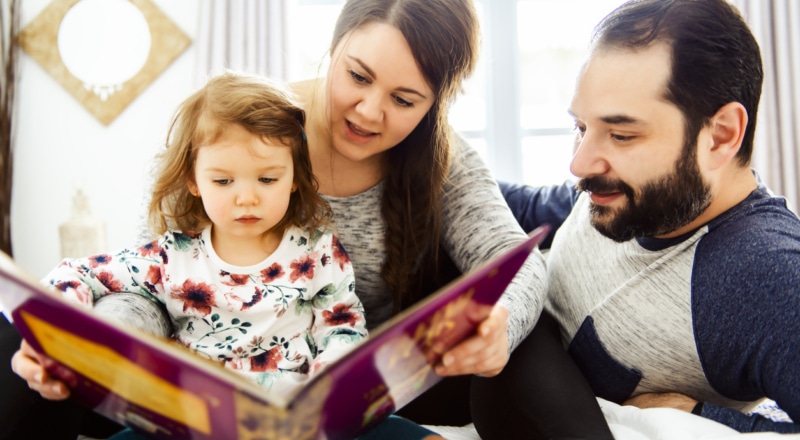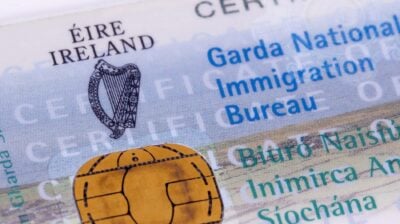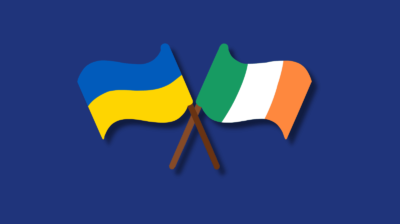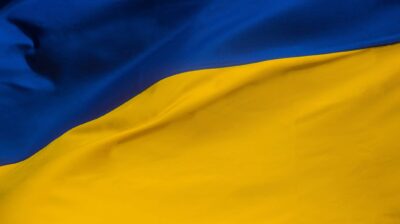What is International Protection in Ireland?
Learn more about International Protection and how to apply for it in Ireland


This factsheet is an extract from the publication Know Your Rights: The Rights of Children and Young People published by the Children’s Rights Alliance. It is reproduced here with their kind permission. Know Your Rights is a public information project designed to inform everyone, in plain language, of the rights and entitlements children have in Ireland and where to go when they are not respected.
The term International Protection means the protection given by a government to someone who has left another country to escape being harmed. If you come to Ireland and apply for International Protection while under the age of 18, your application process will depend on whether you are with your family, or by yourself.
What type of International Protection is there in Ireland?
In Ireland, International Protection includes two specific types of protection that can be applied for. They are refugee status and subsidiary protection.
Refugee status
Refugee status is a form of legal protection that the State gives to people escaping persecution on the
basis of:
- race
- religion
- nationality
- membership of a particular social group
- political opinion in their own country
Subsidiary protection
Subsidiary protection is a form of protection given to people fleeing:
- torture
- a death sentence
- a serious risk of violence during war
If someone is recognised as being a refugee or has subsidiary protection status in Ireland, they can live in Ireland and enjoy many rights here.
What is an asylum seeker?
An asylum seeker is someone who has applied for International Protection.
When you apply for International Protection, you are asking the Minister for Justice and Equality to consider whether or not you qualify for a:
- refugee declaration, or
- subsidiary protection declaration
You apply for both of these in the same way, but if you are granted status it will be for one or other of them.
How do I apply for International Protection?
You will be included on your parents’ application for International Protection if:
- you are under the age of 18 and living with your parents, and
- you are not an Irish citizen
Your parents should apply for International Protection as soon as possible. They can do this either:
- at the airport or seaport where you arrived in Ireland, or
- after entry into the state at the International Protection Office in Dublin
Your parents should bring you with them when they are applying for International Protection. You can find out more about the asylum application process at the International Protection Office website.
What will happen if I arrive in Ireland on my own?
If you arrive in Ireland on your own, or without an adult who is responsible for your care, you will be dealt with as an ‘unaccompanied minor’. You may also be described as a ‘separated child’. Tusla, the Child and Family Agency, will look into your situation and decide what is best for you. If they think it is the best thing for you overall, Tusla may decide to apply for International Protection for you. For more information on how the International Protection Process works for an unaccompanied minor you can see the information guide on the Department of Justice and Equality website.
Who will look after me if I am a separated child?
The Separated Children’s Team in Tusla are responsible for the care and welfare of separated children. A social worker will talk to you about your needs and then develop a care plan for you. The social worker may place you with a foster family or in residential care. Alternatively, they may place you in ‘supported lodgings’ which will prepare you for independent living at 18.
Where can I get more information and support?
If you want more information and support about your rights as an unaccompanied minor or separated child, you can contact the Children’s Rights Alliance information line on 01-902 0494 or [email protected].
Need more information, advice or guidance?
We offer information, advice and guidance about the issues that matter to you. Our online Youth Information Chat service is for 16 to 25 year olds and is available Monday to Friday, 4pm to 8pm (excluding Bank Holidays).






